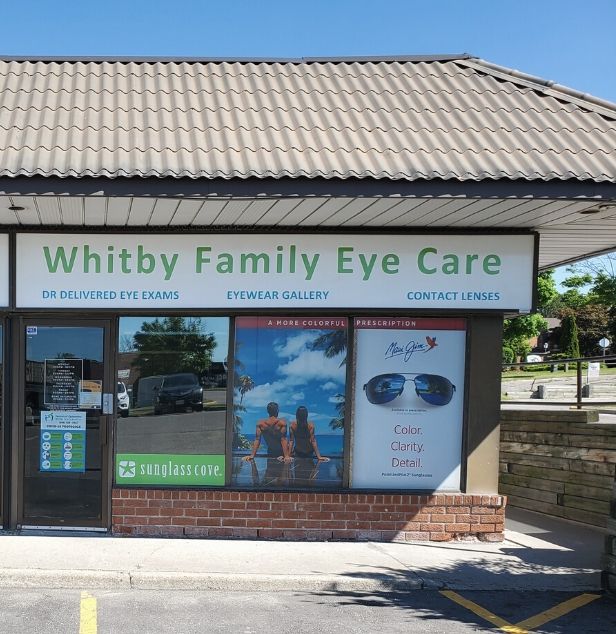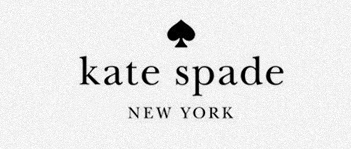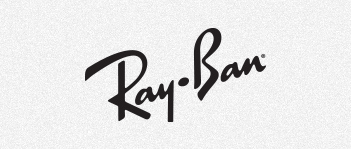If you’ve recently seen an optometrist for an eye exam, you may have been diagnosed with myopia or hyperopia. These refractive errors are very common and, if severe enough, are easily treatable with corrective glasses or lenses.
Each problem is caused by a unique change in the eyeball and where light is concentrated within it, resulting in a unique set of symptoms or side effects. Many symptoms are common in each of these conditions, making it critical to consult a licensed optometrist for a thorough examination.
Let’s look at what myopia and hyperopia are to gain a better understanding of the differences.
What Is Myopia?
Myopia, also known as nearsightedness, is a refractive error that occurs when your eye fails to focus light properly on the retina.
Light rays are bent by your cornea and lens to reach your retina, the light-sensitive tissue at the back of your eye. The retina converts light into signals, which are then transmitted to the brain and converted into images.
The eyeball becomes elongated in an eye with myopia, causing the focal length of the lens to decrease, resulting in blurry distant objects. Because of this elongation, image formation occurs in front of the retina.
Symptoms
Nearsightedness can progress gradually or suddenly, but it usually worsens during childhood and slows in adolescence. Among the symptoms are:
- Blurry or hazy vision distance vision
- Squinting to try and read
- Frequent headaches
- Poor vision in low light
What Causes Myopia
Myopia most commonly begins in childhood when the eyes undergo rapid growth. If a child’s eyes grow too quickly or continue growing after they should have stopped, they can become too long, affecting how light bends when it enters the eyes.
Because children’s eyes grow so fast, myopia can progress more quickly in younger children. When children under 8 develop myopia, they’re at a greater risk of getting high myopia and its associated eye health risks because their eyes have more time to grow.
Myopia is caused by many different factors that differ from person to person. There are both genetic and environmental factors at work:
- Genetics: Myopia is a common inherited condition. It’s more likely to affect a child if one or both parents have it but can occur in children whose parents have normal vision.
- Environment: Urbanization, increased near work (computer work, writing, or reading), and less time spent outdoors are considered risk factors for myopia progression.
What Is Hyperopia?
Hyperopia (also known as farsightedness) is also a type of refractive error. A person with farsightedness can see distant objects clearly, but their near vision is blurry.
Farsightedness is often experienced differently by different people. Some, especially younger people, may not notice any problems with their vision. However severe farsightedness can lead to blurry vision at any distance, near or far.
In the hyperopic eye, the eye is shorter than it should be. Because of this shortened eye shape, image formation occurs behind the retina, resulting in blurry near vision.

Symptoms
The following are the most common symptoms of farsightedness:
- Having difficulty seeing things up close
- Eye strain (when your eyes feel tired or sore)
- Headaches, particularly when reading
Treatment for Myopia & Hyperopia
Myopia and hyperopia can be corrected easily, including surgical and non-surgical options. Because the choices can impact your quality of life, it’s important to find the right corrective solution that allows you to go about your daily activities with clear vision.
Prescription Glasses
Glasses can correct a refractive error by changing the direction of light rays entering your eyes, providing you with a perfect, clear image:
- When you have myopia, glasses diverge the light rays so that the eyes aren’t so focused on them, allowing the light to reach the retina.
- When you have hyperopia, glasses increase the focusing power of the eyes, allowing the light rays to stop at the focal point by the time they reach the retina.
Contact Lenses
Contact lenses are a simple solution for correcting myopia and hyperopia refractive errors:
- Myopia is corrected with a concave lens (diverging lens) with negative refractive power to reduce light refraction and extend the focal length.
- Hyperopia is corrected with a convex lens (converging lens), which converges light rays and improves the eye’s ability to focus
Laser Eye Surgery
Refractive surgeries, such as LASIK or PRK, use a laser to reshape the cornea, allowing the eye to focus more clearly.
This is a safe and long-term solution that immediately reduces your need for prescription glasses or contact lenses.
Book an Eye Exam Today
If you’re experiencing some of the symptoms of myopia or hyperopia, book an appointment at Whitby Family Eye Care to get your eyes checked today. Comprehensive eye exams can help detect refractive errors as well as potential eye diseases you may not be aware of.







